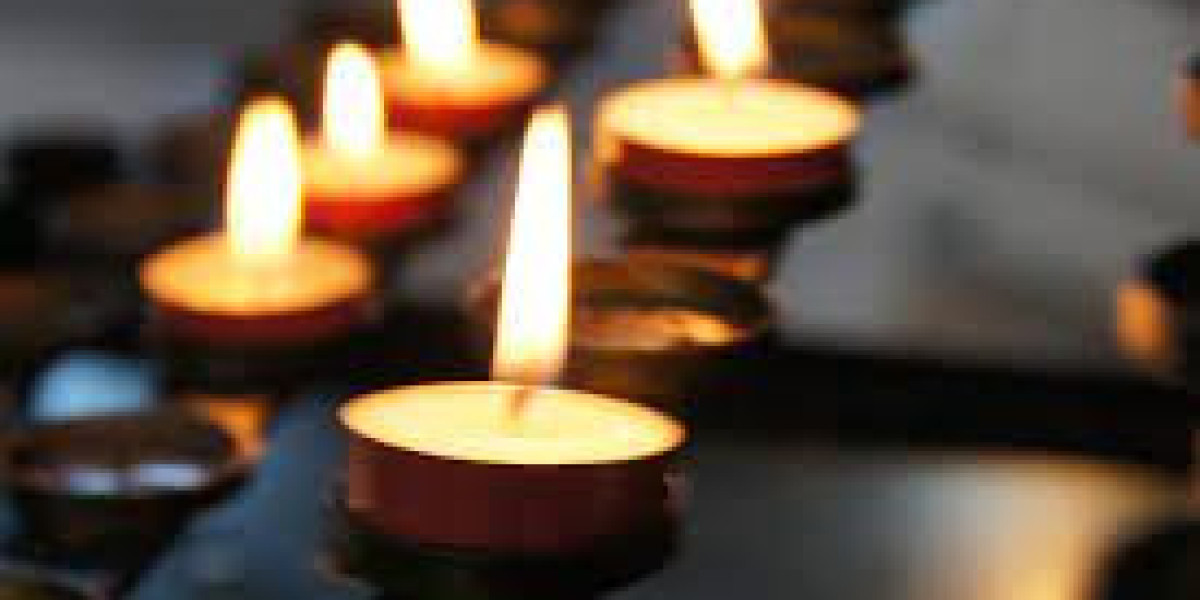In the past, the Catholic Church had reservations about cremation, but over time, its stance has evolved. Today, the Catholic Church allows cremation, but with specific guidelines and considerations regarding its practice. Here’s a look at what Catholics believe about cremation: catholics believe in cremation
1. Historical Perspective on Cremation
For centuries, the Catholic Church discouraged cremation. Historically, the Church viewed cremation as contrary to Christian beliefs about the resurrection of the body. Early Christians believed that the body should be buried to preserve its integrity as a symbol of hope in the bodily resurrection, as taught in the Bible.
However, during the 19th and early 20th centuries, cremation became more common, especially in some parts of the world. This led to a reassessment of the Church’s position, and by the 20th century, the Catholic Church officially relaxed its prohibitions.
2. The Current Stance on Cremation
As of the late 20th century, the Catholic Church officially permits cremation, but with the following conditions:
- Respect for the body: The Church emphasizes that cremation must be carried out with dignity and respect, as the body remains sacred. Cremation is not allowed for reasons that contradict Christian values, such as the denial of the resurrection or the rejection of the Christian belief in the sanctity of the body.
- Burial of ashes: While cremation is accepted, the Church mandates that the ashes of the deceased be treated with the same respect as the body. They should be kept in a sacred place, such as a cemetery or a columbarium (a structure specifically designed for the respectful storage of ashes). The scattering of ashes or keeping them at home is discouraged.
- Funeral rites: Catholics who choose cremation should still have a traditional Catholic funeral Mass if possible, where the body or remains are present. The cremated remains are often brought to the church for the service. The priest may then bless the remains and offer prayers for the deceased.
3. Reasons for Accepting Cremation
The change in stance came after the Church recognized that cremation, when performed in a respectful and meaningful way, does not contradict Catholic teachings. The modern Church understands that the process of cremation is a personal choice and can be a way to handle the deceased’s remains with dignity. Some reasons for accepting cremation include:
- Theological clarity: The Church has clarified that the resurrection of the body is not dependent on the physical state of the remains. The belief in resurrection is not negated by cremation.
- Practical reasons: In some cases, cremation is more affordable, particularly in areas where traditional burial practices are costly. It may also be preferred due to environmental concerns or cultural practices.
4. Guidelines for Catholics Choosing Cremation
For Catholics who choose cremation, there are some key points to keep in mind:
- The Church's preference is still for traditional burial, as this aligns with the belief in the dignity of the human body and the hope of resurrection.
- Cremation should be a choice made with reverence: It is not to be seen as a way to disregard or diminish the sacredness of the body or the process of burial.
- Ashes must be treated with respect: The Church prohibits the scattering of ashes, keeping them in a private home, or turning them into jewelry or other keepsakes. Instead, they should be placed in a cemetery or columbarium, allowing for proper reverence.
5. Catholic Teaching on the Resurrection and Cremation
A key element of Catholic belief is the resurrection of the body at the end of time. The Church teaches that, at the Second Coming, the bodies of all the dead will be resurrected, regardless of how they were disposed of after death. This includes those who were buried, cremated, or otherwise disposed of. The soul is reunited with the resurrected body, and this belief in bodily resurrection is fundamental to Catholic teaching.
- Cremation does not affect the belief in resurrection: Catholics believe that, even if a body is cremated, God can still resurrect the body at the end of time. The process of cremation is not seen as a denial of this belief.
6. Conclusion
In conclusion, the Catholic Church allows cremation, provided that it is done with respect for the body and with adherence to Church teachings. While burial remains the preferred method for handling the deceased, cremation is no longer prohibited. The most important aspects for Catholics choosing cremation are ensuring that the ashes are treated with reverence, and that the remains are placed in a sacred place such as a cemetery or columbarium, rather than being scattered or kept at home. The Church's acceptance of cremation reflects a modern understanding that the physical remains do not affect the ultimate resurrection, and that the dignity of the deceased must always be maintained.








